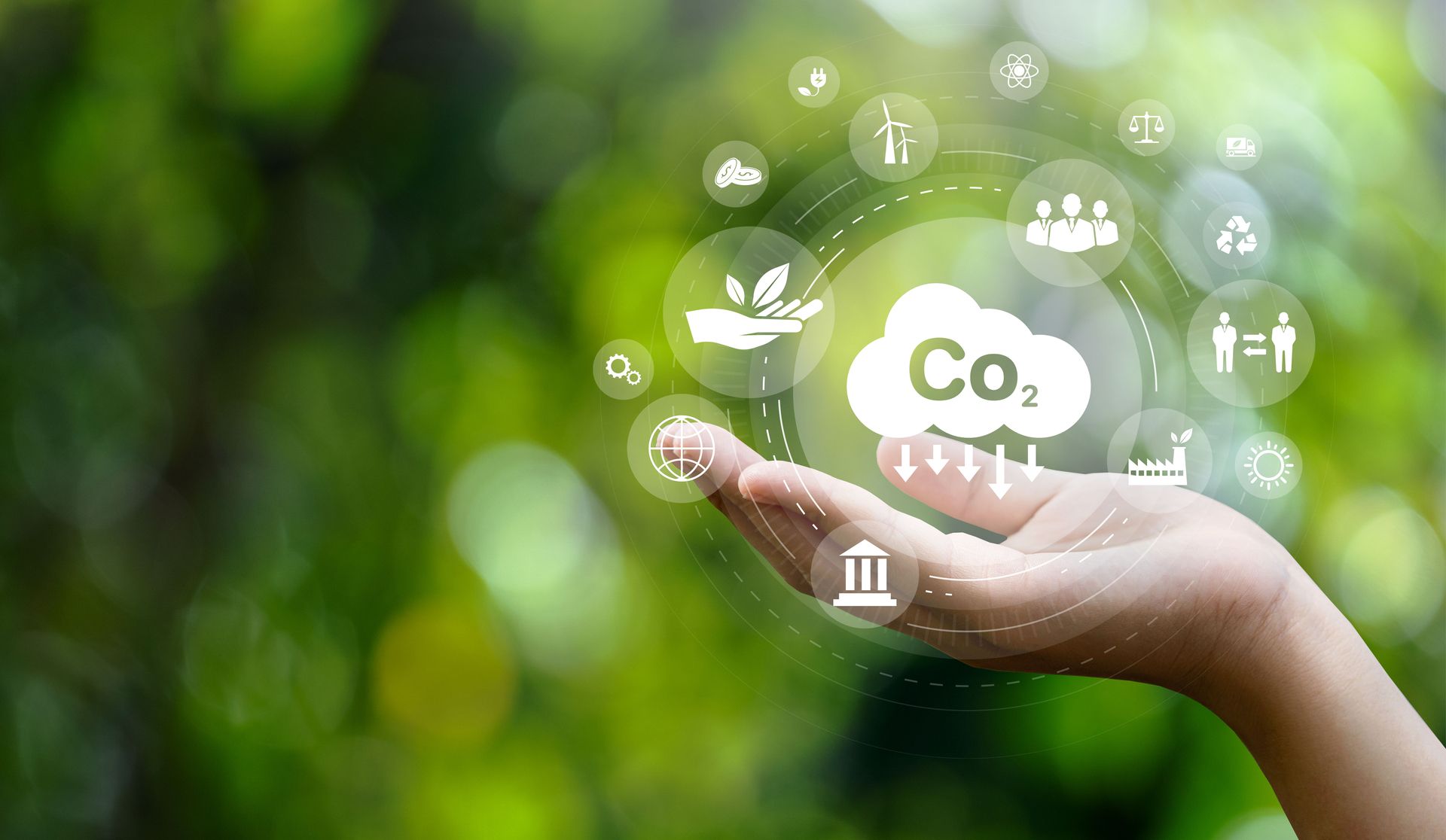
CO2 tax: How industrial companies track down energy guzzlers
- Save costs with "Energy Management 4.0"
Vienna, November 10, 2021 - CO2 emissions will cost the economy more money if the Paris climate protection targets are met. In industry in particular, it is now important to reduce energy consumption to the necessary minimum and optimize the CO2 footprint. With digital "Energy Management 4.0", the experts at K-Businesscom are helping to track down hidden consumption and save costs with the networked factory.
"Companies that want to increase their energy efficiency should start by measuring their current energy footprint," says Roland Ambrosch, Head of Digital Factory at K-Businesscom. The key to this is modern sensors that detect energy leaks or unnecessary standby consumption. "With the help of sensor technology, we often detect the hidden consumption of electricity, liquids or compressed air, for example, in manufacturing processes."
Automated energy management
Once such cost drivers have been identified as part of "energy monitoring", consumption can then be precisely adapted to the respective machine and order data under digital control. This is where intelligent production comes in: Starting with the largest energy consumers, all processes are coordinated so that only the resources that are actually needed are used.
Cost savings of 20 percent through fine-tuning of processes
"In practice, we often see in machining or in the plastics and food industries, for example, that a large efficiency lever can be applied to cooling and heating processes - there is great potential for savings here, especially when the seasons change," says Ambrosch. If only the temperatures actually required are reached, energy savings of up to 20 percent can be achieved.
Using residual energy sustainably
Every tonne of CO2 released will incur regulatory costs in the EU in future - increasing the pressure to optimize energy flows in production. The residual energy that is saved - and often already paid for - can also be used sustainably, for example for e-mobility or the production of steam. This further improves the CO2 balance.
Carbon footprint is a competitive advantage
The carbon footprint already serves as an important selection criterion today - for example when awarding contracts or loans. "Companies that systematically optimize their energy management improve their carbon footprint - this is an increasingly important competitive advantage when it comes to attracting customers, partners or suppliers. This trend will gain even more momentum with the introduction of CO2 pricing," says Ambrosch.
The introduction of intelligent energy management is supported at national and international level by funding programs.
K-Businesscom is Austria's leading ICT solution and service provider and digitization partner. BusinessCom combines innovative strength, certified technological expertise and industry know-how as a consultant and business engineer. In the DACH region, Romania and the Czech Republic, the company develops end-to-end new business models with its customers using connectivity, IoT platforms, individual AI applications and software applications. The KBC Cyber Defense Center ensures that all data is protected. The digitalization partner accompanies its customers internationally on their cloud transformation journey as well as in the development of smart spaces and smart offices. The basis for this is its many years of experience as a market leader for network solutions, collaboration, data center infrastructure, security and managed services combined with the technologies of international manufacturers such as Cisco, Microsoft and HPE.
Turnover FY 20/21: approx. 460 million euros Number of employees: 1,550